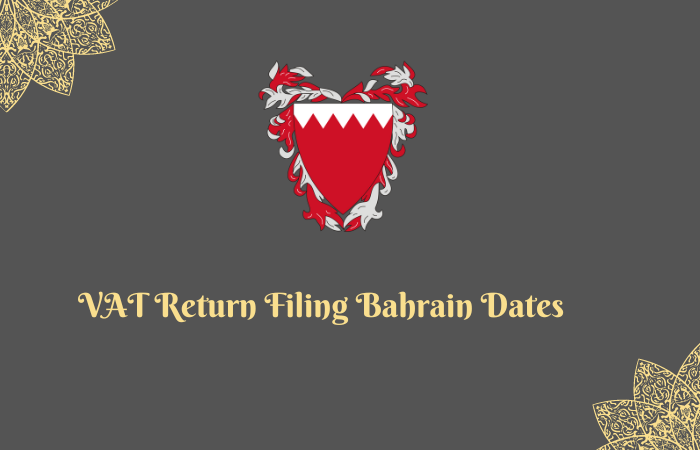
Included and Excluded Tax in Purchase Invoice Explained with Examples
Meaning of Included and Excluded Tax
When businesses purchase goods or services, taxes like VAT or GST can either be included in the price or added separately. Understanding these methods ensures accurate cost reporting and compliance.
Included (Tax-Inclusive) means the price already contains tax.
Example: An item priced at ₹110 includes 10% tax; the base cost is ₹100 and the tax is ₹10.Excluded (Tax-Exclusive) means tax is added on top of the base price.
Example: An item priced at ₹100 attracts 10% tax, so the total payable is ₹110.
Calculation Examples
1. Tax-Inclusive Calculation
If the total purchase price includes tax, use the formula:
Example: ₹110 total with 10% tax
Base Value = ₹110 ÷ 1.10 = ₹100
Tax = ₹110 – ₹100 = ₹10.
2. Tax-Exclusive Calculation
If the price excludes tax, calculate:
Example: ₹100 base with 10% tax
Tax = ₹100 × 10% = ₹10
Total = ₹100 + ₹10 = ₹110.
Illustration in Purchase Invoice
| Type | Base Price | Tax Rate | Tax Amount | Total Invoice Value |
|---|---|---|---|---|
| Tax-Inclusive | ₹110 | 10% | ₹10 | ₹110 |
| Tax-Exclusive | ₹100 | 10% | ₹10 | ₹110 |
Journal (Ledger) Entries for Purchase
(a) Tax-Inclusive Invoice
For goods bought ₹110 (including 10% tax):
textPurchases A/c ............Dr ₹100 Input Tax A/c .............Dr ₹10 To Creditor A/c ................ ₹110
This separates the purchase cost and the creditable tax component.
(b) Tax-Exclusive Invoice
For goods worth ₹100 + ₹10 tax:
textPurchases A/c ............Dr ₹100 Input Tax A/c .............Dr ₹10 To Creditor A/c ................ ₹110
The same entry structure applies; the difference is how the price was presented on the invoice.
Practical Application in ERP or Accounting Software
In Our systems
Mark item as “Tax Inclusive” or “Tax Exclusive” based on supplier invoice.
For inclusive pricing, software auto-calculates the tax portion through reverse computation.
For exclusive pricing, it simply adds the tax amount on top.





